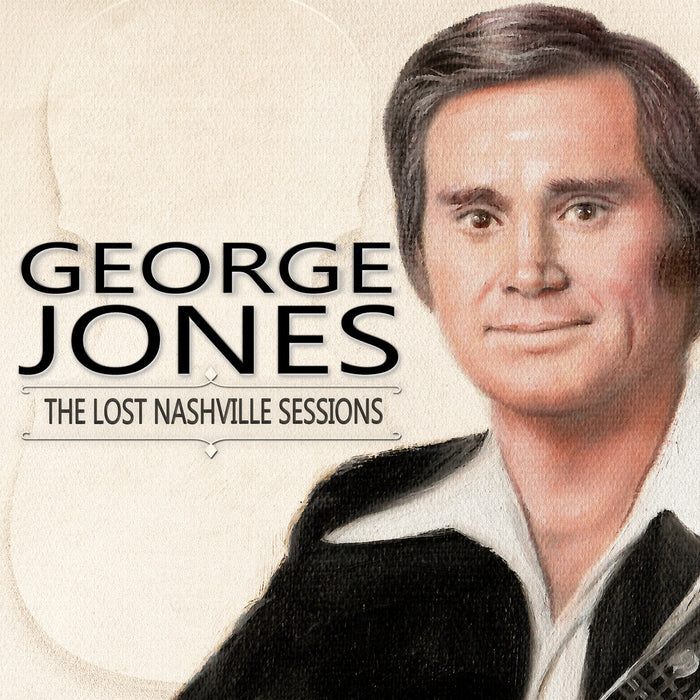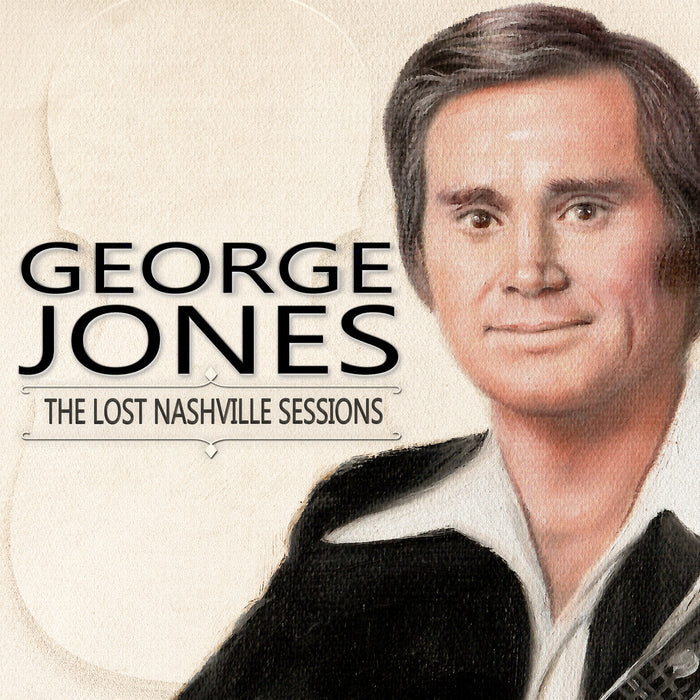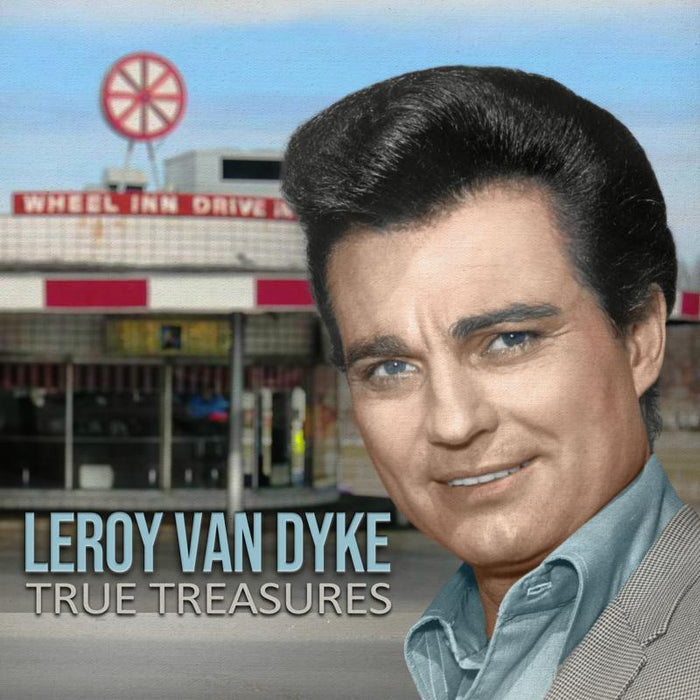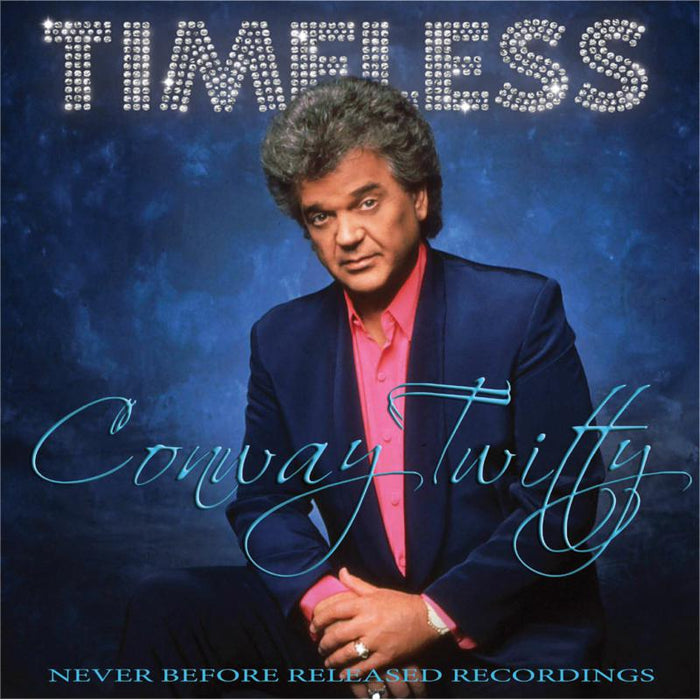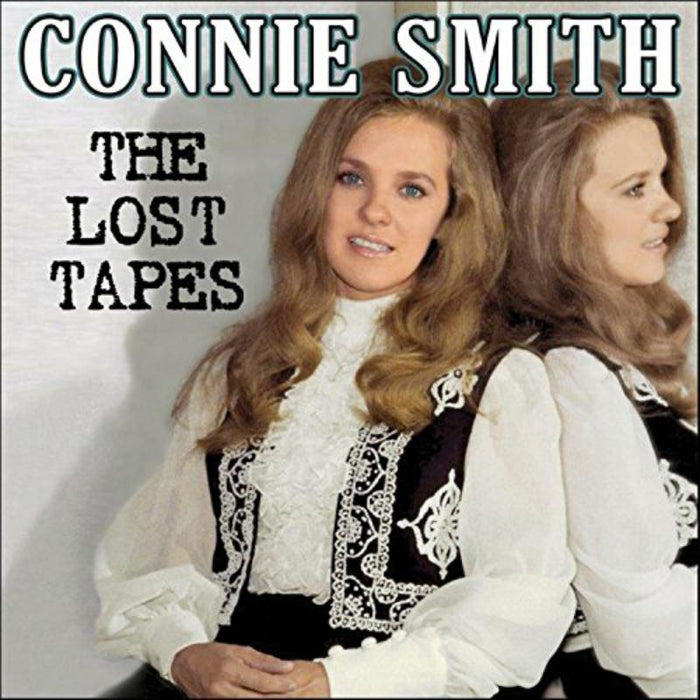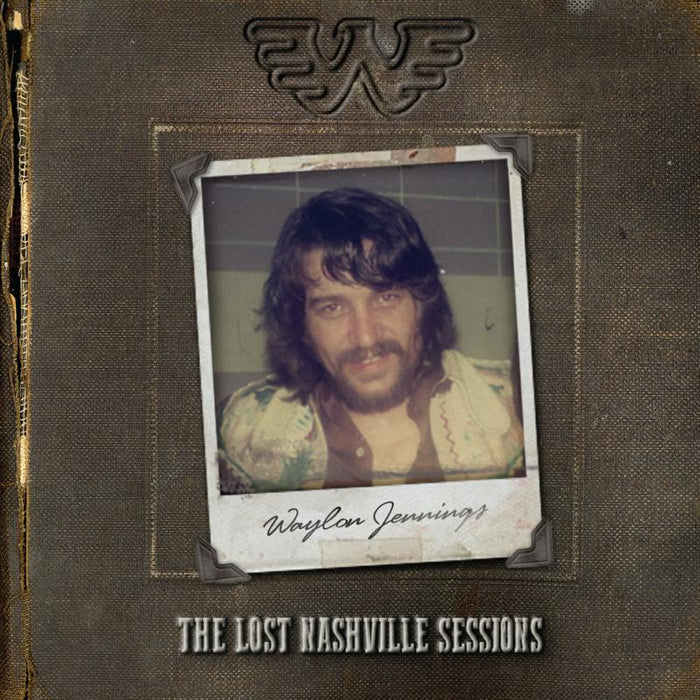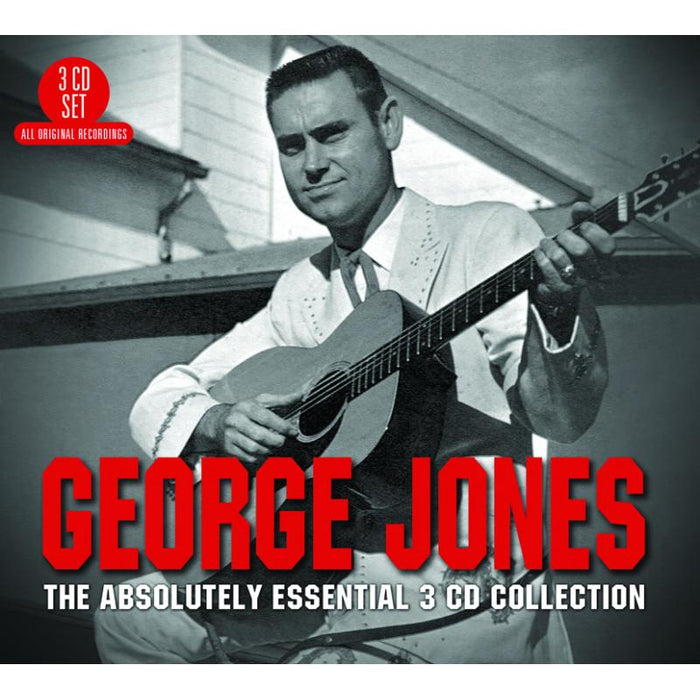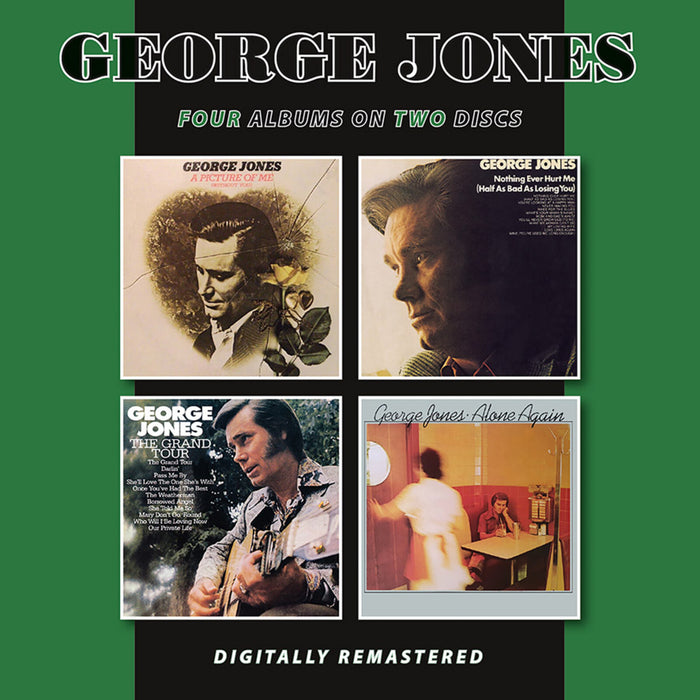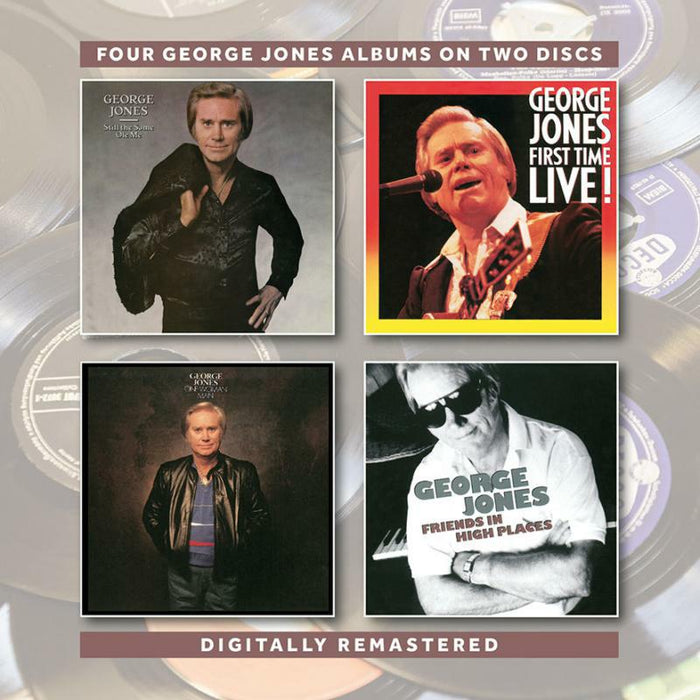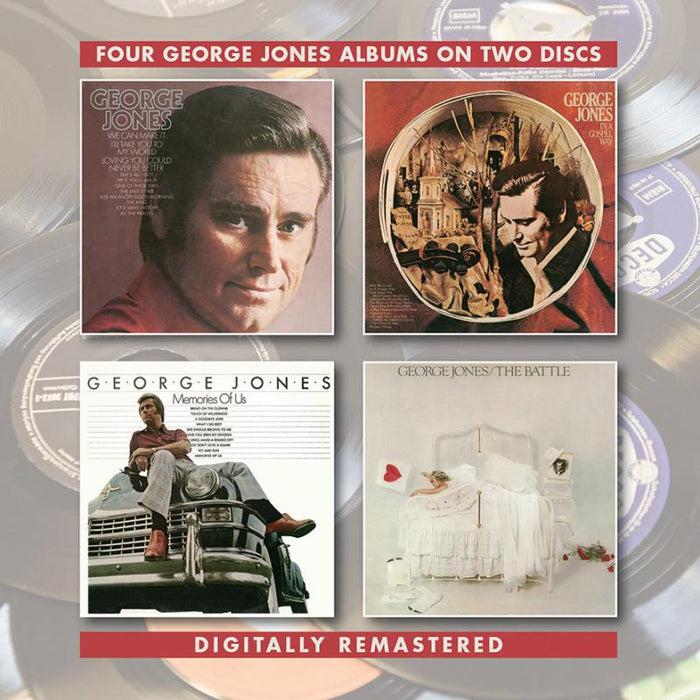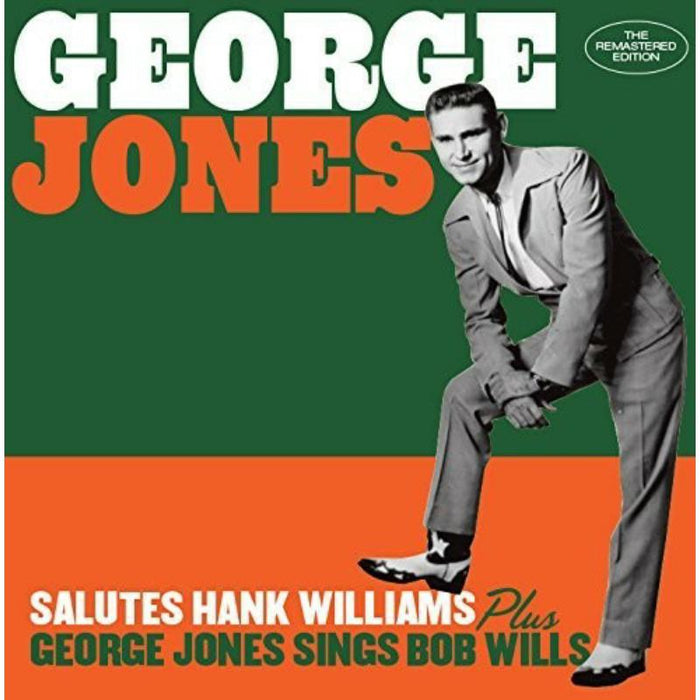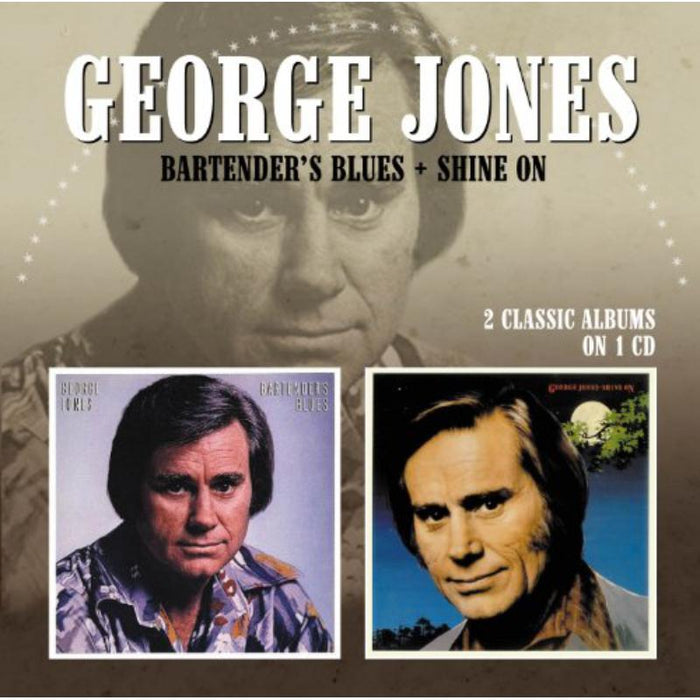Description
Listening to George Jones sing a song is to experience the pain, the loss, the yearning - and sometimes the joy - that Jones himself is feeling as he sings- A George Jones song is an emotional experience.
The music in this album is as unique as George Jones himself. Although many of the song titles will be familiar to his fans, none of these actual recordings have ever been commercially released until now.
These recordings were made explicitly for radio airplay in the 1970s. They were recorded, often in only one or two takes, with an announcer's voice between the songs, and then sent out to radio stations. The stations would air the programs and often discard or destroy them afterward. Country Rewind Records President and Executive Producer Thomas Gramuglia discovered the original boxed master tapes, and although many were in bad shape and hadn't been touched in many years, he knew that true fans would want to hear them.
Gramuglia delivered the rare tapes into the safe hands of producer Paul Martin, who utilized his skill to rescue the music. Paul removed the announcements and other extraneous material as well as bringing the audio quality up to twenty-first century standards, discreetly adding instrumentation, under Jones' voice where necessary.
Jones sounds more relaxed on these recordings, without the pressure of going into a studio intent on coming up with the next hit song, recording take after take. Here, he sings songs that he knows by heart, such as his salute to Hank Williams, "Hey, Good Lookin'," and versions of some of his biggest country hits, including "The Race Is On," "The Grand Tour," "She Thinks I Still Care" and his first Number One song, "White Lightnin'."
The Lost Nashville Sessions also includes lost versions of fan-favorite songs such as "Walk Through This World With Me" and "Tender Years" - both of which topped the Billboard Country charts. Listen to tracks such as "A Picture Of Me (Without You)," "Four-O-Thirty Three," and "Love Bug," and you can see why many of today's country artists who weren't even born in the '60s and '70s hold George Jones in such reverence.





